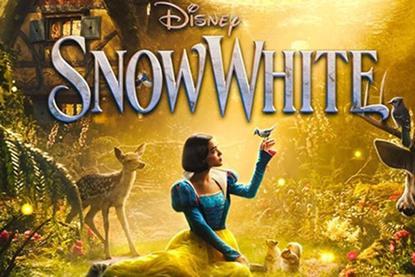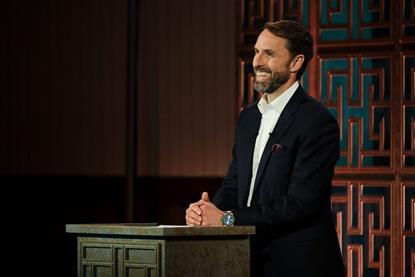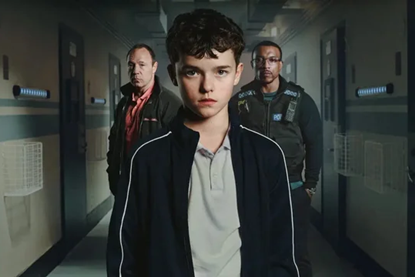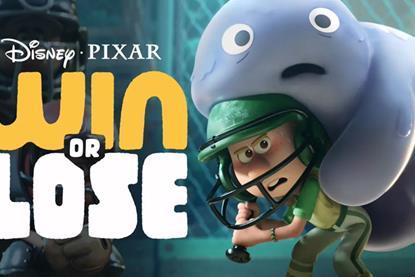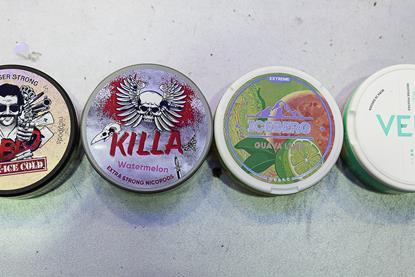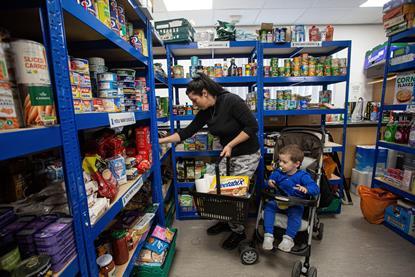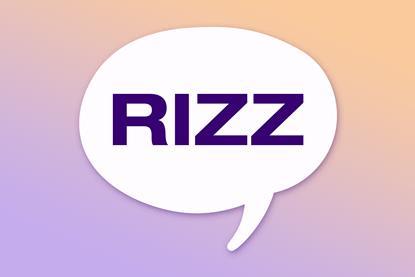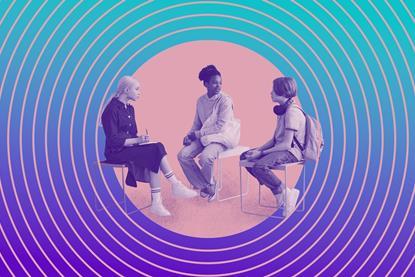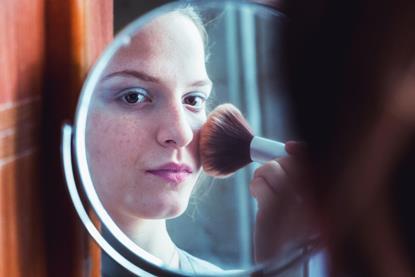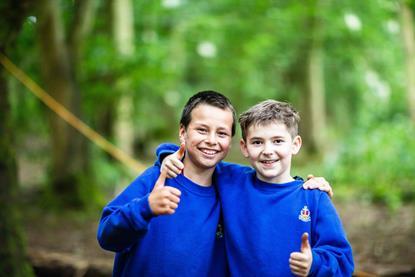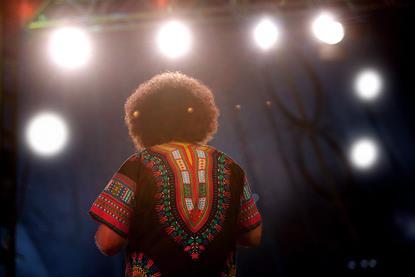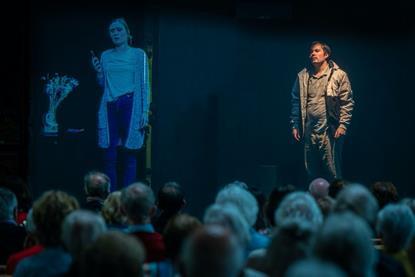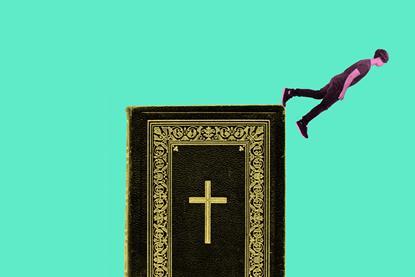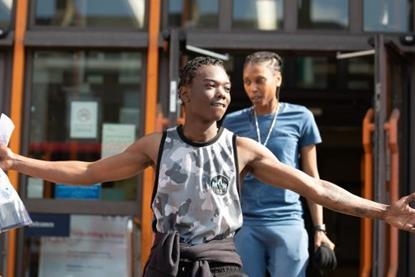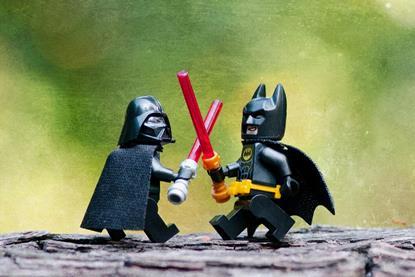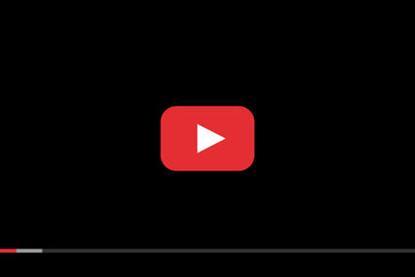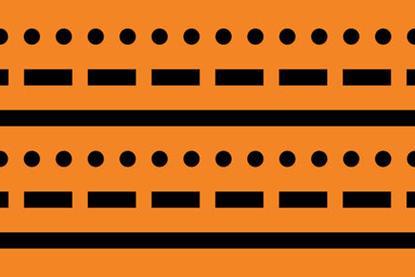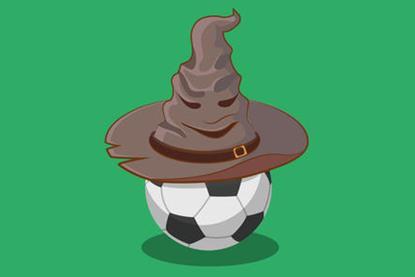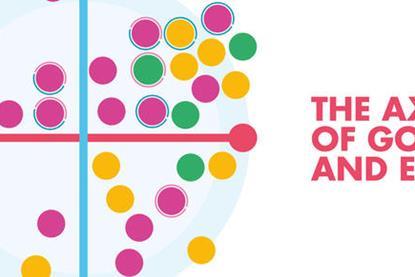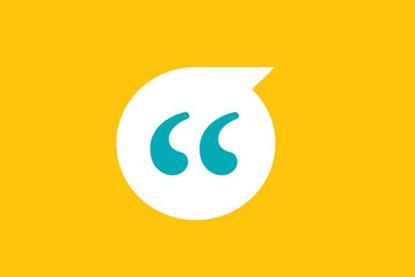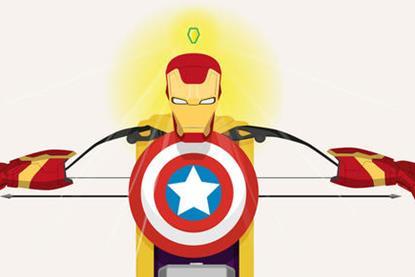- Home
- About
- Topics
- Parenting
- Stories
- Growing faith
 Christian devotions at home for children with additional needs are hard but worth working at
Christian devotions at home for children with additional needs are hard but worth working at Parents are the key to bridging the gap between church and school
Parents are the key to bridging the gap between church and school A tool to help your child ‘take captive every thought’ and walk in freedom with Christ
A tool to help your child ‘take captive every thought’ and walk in freedom with Christ ‘What do you do?’ A Christian mum finds the question triggered more than she expected
‘What do you do?’ A Christian mum finds the question triggered more than she expected
- NexGenPro
- Donate
Culture
Snow White – A kingdom of love, not fear
Film: Snow White
As Gareth Southgate considers a generation of lost boys here are some reflections for Christian parents
In recent weeks, the success of the Netflix drama Adolescence, with its visceral depiction of a teenage boy’s crime and its effects on his family, has led to widespread conversation on boys and masculinity. Sara Taylor has already helpfully explored ways in which this might inform parents in their relationship with kids.
The new Netflix series Adolescence raises difficult but essential issues for Christian parents to grapple with
Few television shows capture the emotional chaos of growing up as honestly as Netflix’s latest series, Adolescence. Diving deep into the complex struggles faced by young people today, this is more than just a typical coming-of-age drama. With its innovative use of single-take episodes, its raw and poignant cinematography immerses you into a world of identity crises, societal pressure, online dangers, and the hidden pain of those caught in the fallout of serious mistakes.
Helping your teen navigate Snapchat: A Christian parent’s guide to helping them flourish online
In today’s digital world, social media is a big part of many teens’ lives. Snapchat, with its disappearing messages, fun filters, and real-time updates, is particularly popular among young people. While these features can offer entertainment and connection, they also bring risks that parents need to be aware of. As Christian parents, it can be challenging to help our teens navigate platforms like Snapchat while keeping them safe, grounded in faith, and aware of the potential dangers. This guide will help you find that balance.
New Disney+ series for children Win or Lose has an openly Christian character in it, but that doesn’t mean it’s a complete cause for celebration
I’ve always loved Disney. I love the music, the predictability and the comfort of the familiar hero storyline. I marvel at the ability for its message to speak to 5-year-old me whilst still speaking to 45-year-old me, that’s meant that Disney has become a timeless classic in my life. There have however been some recent controversies, for example around Disney’s latest move to introduce characters who are gay (Strange World (2022) and Buzz Lightyear (2022)). This led some Christians to unsubscribe from Disney+. As a family we chose to keep our subscription. My children are now 21, 19 and 17, so Christian discussions around the cultural topics that Disney are highlighting are much easier. However, for many others, the way in which Disney portrayed gay characters accompanied by price hikes saw them choosing to cancel their subscriptions.
Nicotine pouches might not be as bad as smoking, but Christian parents need to know about this new fad on the street
Max (a 16-year-old boy) and Ollie (a youth worker in his mid-twenties) are at a youth club for young people aged 11-18. The discussion starts like this…
Captain America: Brave New World – Can people change (beyond turning into a Hulk…)?
It’s been a while since we’ve had a smaller scale story in the Marvel Cinematic Universe – MCU – based on earth and it was a nice change of pace to have a story with more personal stakes than an alien invasion.
Knife Crime: What parents need to know and what they can do
Knife crime is a devastating issue affecting communities across the UK. It’s a crisis ripping through communities, leaving families shattered and futures stolen. Across the UK, and especially in cities like London, young people are being pulled into violence, not because they want to hurt others, but because fear leaves them feeling like they have no choice. The numbers don’t lie. Knife crime is rising, lives are being lost, and entire communities are being scarred.
Child poverty is widespread but there is hope
You don’t have to look very hard to see that the majority of people in the UK are feeling the pinch of the cost-of-living crisis. Our money has to stretch further. Our jobs have become more unstable. The price of food has risen. We know that some people have to make a choice between heating and eating. But how bad is it really? What can we do as Christians to help alleviate some of the pressures from the families we might know. And how, as a Christian, can I survive in the middle of it all, living in a house with one income, three children and a high rent bill each month?
Supporting a child who has been abused
Are you clear about what you would do?
Famous online? Helping your child navigate the allure of social media
Which social media do you find most attractive?
Imaginative ways of celebrating Jesus’ birth, without fearing the credit card bill in January
What do you spend on Christmas?
Why we should talk to our children about the New Age
How aware are you of New Age?
The enduring appeal of Dr Marten boots and walking with Jesus…
Have you ever owned a pair?
Your Christmas chocolate is probably tainted. Here’s a Christian response
Have you looked into the background of your favourite chocolate bar?
What does the new Online Safety Bill mean for our kids?
Premier NexGen spoke with Kevin Doran, Premier’s director of Public Affairs about how this legislation has come about
‘Does our style of church services put young people off?’: Dan Blythe on the challenge of reaching Generation Z
Did you enjoy listening to talks growing up?
‘When you dress up for Halloween, you give the devil the legal rights to change your identity!’
How was Halloween celebrated in your childhood?
How do you talk to your teen about their appearance?
Was your appearance a concern for you growing up?
What you need to know about vaping as a Christian parent
Do you know a young person who vapes?
Spotlight on… The Boys’ Brigade
An insight into a Christian charity or ministry that you may like to know about.
7 reminders for youthworkers following the Mike Pilavachi investigation
Have you ever been alarmed by someone’s behaviour in youthwork context?
Spotlight on… Artless Theatre Company
This is an occasional post where we give you an insight into a Christian charity or ministry that you may like to know about.
How Christian parents can keep their children safe from dangerous lyrics
Did you have any limits placed on your music listening?
3 ways to help your children stick to the faith in a culture that teaches them to rebel
Did you go through a teenage rebellion?
The TikTok pranker and social media: beware of the race to the bottom
Have you ever followed someone you found to be ultimately unhelpful?
‘We’re not that strong and we can be deceived’: a Christian commentator cautions you to be careful what you allow your kids to watch
Have you ever stopped a film because of what it was portraying?
Most teens have a positive perception of Jesus! This is not the good news we think it is
What do you think teens think about Jesus?
‘Helping your children change the atmosphere at school is possible ’: here’s how to go about it
Jo Rowe learns how to help her children act as a thermostat and not a thermometer in challenging the atmosphere at school
The 12 days of Brex-mas
December… The month of the most important birth in history is finally here. That’s right, the birth of a brand new government. Merry Brex-mas!
I confused middle-class culture for Christianity
Natalie Williams on growing up poor - and finding the church.
YouTube 101
The world of YouTube is vast and may feel overwhelming. Around 5 billion videos are watched each day and more than 400 hours of content is uploaded to the site every minute. Our children and young people are immersed in the world of online video, but how much do we understand about this site, its videos and the people creating them? And what impact does this have on those we work alongside?
County lines
You may not have even heard of county lines, or if you have you may be inclined to think it isn’t relevant to your context. But as this London social worker (who wishes to remain anonymous) explains, no child or young person is exempt, and our youth and children’s groups may be vulnerable to this horrific exploitation.
Weekenders
We know the many benefits of taking young people away, but how do we achieve the best results? We spoke to youth and children’s workers to hear their thoughts…
Culture: Hope
Taylor Swift is returning! The new Marvel movie is, in fact, all about Jesus and young people. What’s Kanye been up to recently? Oh! The Star wars trailer, we should talk about that… The apprentice is still bad… So much culture to talk about, so little to say.
Fandom
“I fell in love with football as I was later to fall in love with women: suddenly, inexplicably, uncritically, giving no thought to the pain or disruption it would bring with it.”
Love Island and bad sex education
As another school year starts, inevitably, at some point over the next 12 months, we’ll hear both sides of the ongoing debate about sex ed at schools. Does giving children and young people comprehensive sexual information open their eyes to a whole new world of ‘debauched’ activity, or is it vital equipping to navigate a world of sexting and online porn, as well as providing key skills surrounding consent and sexual health? There’s something else to consider though, because, as this summer has proved, the children and young people we work with are getting sex education, they’re being shaped and influenced by the media and advertisers, norms are being established… dangerous, exploitative norms.
Netflix's 13 reasons why
Imagine being able to tell everyone in your life exactly what you think of them, exactly how they’ve hurt you, without any consequences. The only catch is that you’re dead. This is the premise of 13 reasons why, Netflix’s latest binge-worthy show: a 13-episode suicide note to a teenage girl’s friends and classmates, outlining their role in her decision to end her life. Originally hyped as a smart, important look at mental health and the social issues affecting teenagers, upon release the show attracted criticism for its ‘triggering’ impact, its overly realistic depiction of sexual assault and suicide, and negative portrayals of counselling or other forms of support. So what do we do with it? Ignore it? Watch it with our young people? Something between?
Protests
In an age of political angst, Jamie Cutteridge explores how we can channel the Trump-based concerns of our children and young people
The Axis of Good and Evil - Video games
This month, we look at video games. So, those in the top right will be worth a play, those bottom left, less so.
Instagram star quits social media
Have you ever fallen down a social media black hole? You know, one of those missing afternoons where you start off looking at an interesting video on YouTube and find yourself, three hours later, staring blankly at a meme of Donald Trump with absolutely no idea how you got there. What did we ever do when waiting for a bus or during a dreadfully boring sermon before we had Instagram, Twitter and Facebook to check in on?
Pokémon Go
Here are some genuine news stories you may have missed:
Black Mirror
How far would you go to stop people knowing your darkest secrets? What if virtual reality played on your deepest fears? Could you imagine a world where we’re rated the whole time? How would people react if they knew what you really thought? Who wants to live forever? What if your very worse moments got shared with the rest of the world? Black Mirror is back to answer all these questions, and more…
Avengers
You can barely walk down the street without tripping over a super hero these days. We all know the feeling of getting home and finding Spider-Man on the bottom of our shoe or one of the Fantastic Four in our bag – they’re everywhere.















